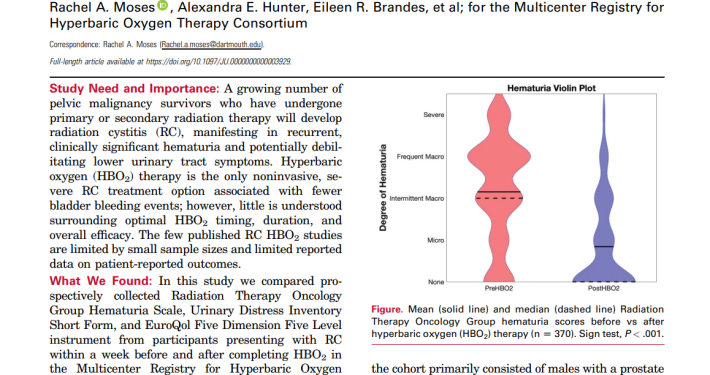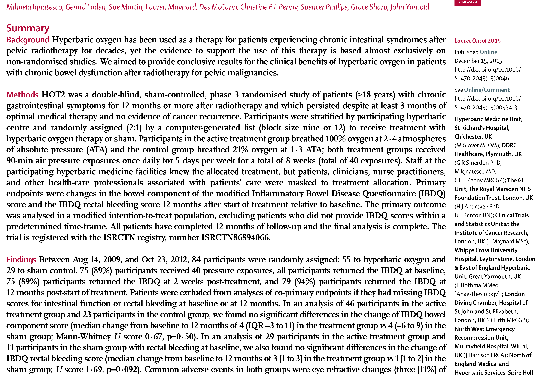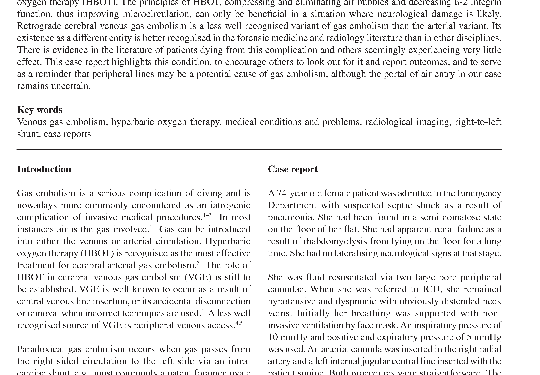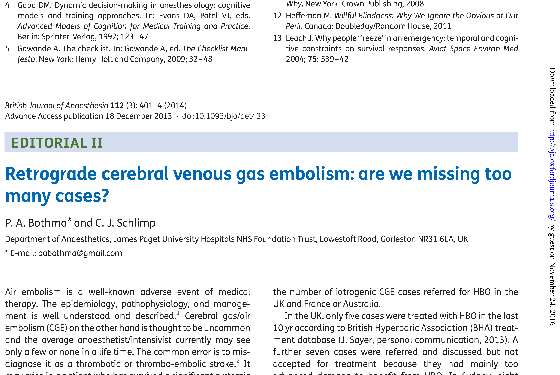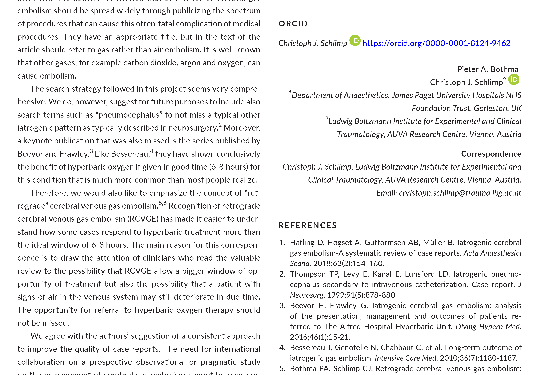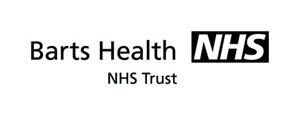Hyperbaric Research and Publications
The LHM Healthcare Group provides a range of clinical and specialist services to the NHS, private commissioners, the Armed Forces, private patients and commercial clients since 2000.
LHM Healthcare Research Activity
LHM Healthcare Ltd. operating at 2 sites, in Whipps Cross University Hospital in London and James Paget University Hospital in Great Yarmouth has previously participated in all Hyperbaric Studies supported by the British Hyperbaric Association.
At present we are participating in the following:
- REDCap Multicentre Registry.
Most hyperbaric providers in the UK have experienced Individual Funding Request (IFR) denials for indications previously commissioned by NHSE due to ‘insufficient evidence to support the routine commissioning’ of these indications. The only solution to these denials is reliable and robust multicentre data. The Multicenter Registry for Hyperbaric Oxygen Therapy is designed to provide these data to inform commissioners (and insurers) when deciding on their commissioning intentions.
The REDCap Hyperbaric registry is a database designed to collect a consistent dataset of measures about the details of various conditions as well as the use, outcomes, and safety of Hyperbaric Oxygen Treatments from hyperbaric centres around the world. The goal is to publish this information for quality improvement, patient care, research, and to document the outcomes from hyperbaric oxygen treatment. The Registry collects data for the 14 UHMS-approved indications for hyperbaric treatments as well as selected other emerging indications. The data from the participating centres are aggregated to provide information that no single centre could collect on its own. Currently most of the data available about hyperbaric oxygen treatments are based on research involving small numbers of cases as these are uncommon conditions. The solution to studying rare and uncommon conditions has been shown to be by multinational, multicentre registers of such conditions or therapeutic modalities.
The database uses REDCap software (from Vanderbilt University). REDCap is a web-based, HIPAA-compliant data collection system that’s easy to use and widely available. The Registry contains a core set of data that needs to be completed for all patients being treated at participating centres. These data include basic demographic data, detail of the various conditions, treatment information, safety, and defined outcome measures, including evidence of sustained improvement.
Importantly, no identifiable data leave a participating centre. Only de-identified data are sent to the Multicenter Registry server. Identifiable demographic data are not shared with other centres and are for use only at the center generating it. Each participating center can use their own data to easily and quickly get reports about their treatments at any time. De-Identified data (no PHI) are sent quarterly to the registry. At least yearly a global report is generated. Centers can then benchmark their data with the aggregated data.

